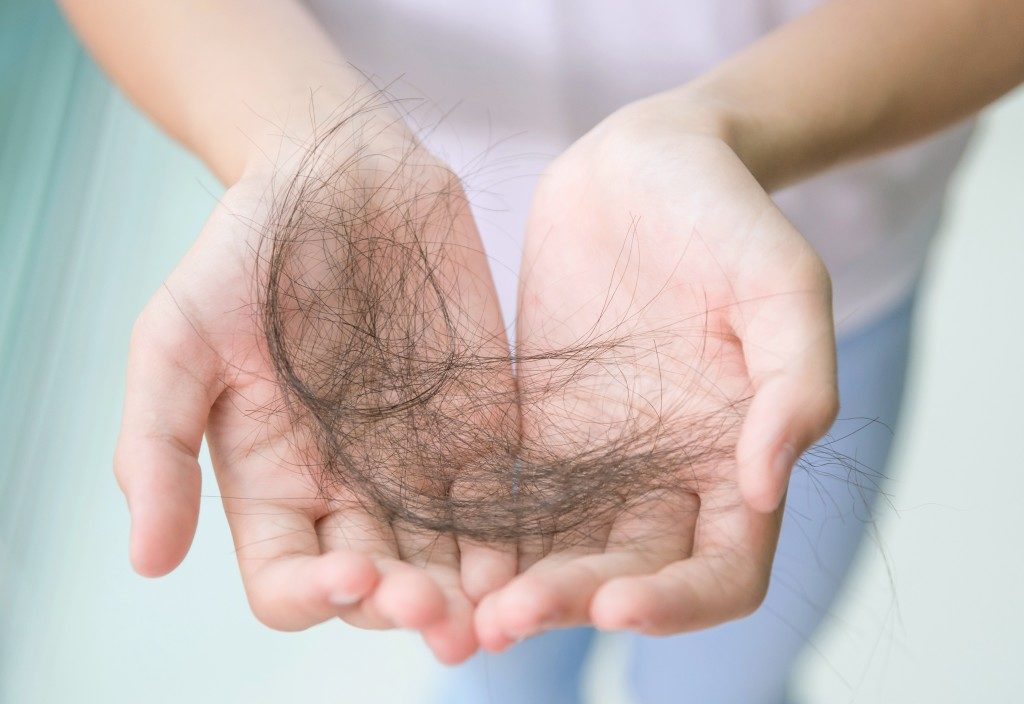Everyone sheds. According to the American Academy of Dermatology (AAD), people normally lose between 50 and 100 strands of hair every day. Women lose more hair strands than men due to regular heat styling and hair coloring. However, what happens when your hair falls out in clumps? Here are a few things you can do:
Hair Replacement
For the more serious cases, you can get hair replacement. There are many hair replacement specialists in New York that offers a non-invasive procedure, which can bring your crowning glory back to its original state.
There are many reasons we lose our hair. Factors such as age and genetics play a huge role in keeping the hair thick and healthy. For others, hair loss may be a symptom of the stress of a health condition such as alopecia and lupus. Some lost their hair after going through a medical procedure. In such cases, it is best to see a specialist.
Change Your Diet
What you eat influences your hair health. If you see more strands falling, adding protein to your diet may help. Fish, lean meat, and poultry are great sources. For vegans, eating more beans and lentils may make a difference.
Anemia or an iron deficiency may also contribute to hair loss. Chickpeas, cashew nuts, kale, dried apricots, figs, seeds, raisins, and quinoa are good plant sources of iron for those who do not eat meat.
Take Supplements
There are several supplements in the market that promises to aid hair regrowth. These usually contain biotin, a B vitamin associated with hair, and nail, health. Taking a biotin supplement once a day may stimulate hair growth.
Taking fish oil, which contains omega fatty acids, may also improve the appearance of your hair. Supplements that are high in omega fatty acids are filled with nutrients that help your hair look better from the inside.
Make sure to consult your doctor before adding supplements into your diet.

Try Essential Oils
Essential oils applied topically to your scalp may also simulate hair strength and regrowth. Massage rosemary, peppermint, thyme, lavender, and geranium oil to boost circulation. You may also add a few drops of one of the aforementioned oils to your shampoo and conditioner or create your own hair mask by mixing it with a carrier oil.
Sit Back and Relax
Your well-being plays a role in your hair health. Stress, in particular, may cause your hair to fall off in clumps. That is because when you are stressed, your hair goes into a “resting” phase which makes strands drop.
People who go through major surgery or give birth may lose experience their hair to diminish, especially along the temples. Find ways to de-stress through exercise, meditation, or whatever method works for you.
Do Not Be Too Harsh on Your Hair
Your hair is resilient; you can color it, perm it, straighten it, or use tools to style it. However, your hair also has a breaking point. If you notice that more strands are falling off when you shower or brush your hair, then it is time to hold off your next appointment to the salon.
Let your hair recuperate in the meantime and treat it with care. Use nourishing shampoo and conditioner. Stop brushing your hair when it is wet. Do not pull your hair from your scalp with tight updos and ponytails.



